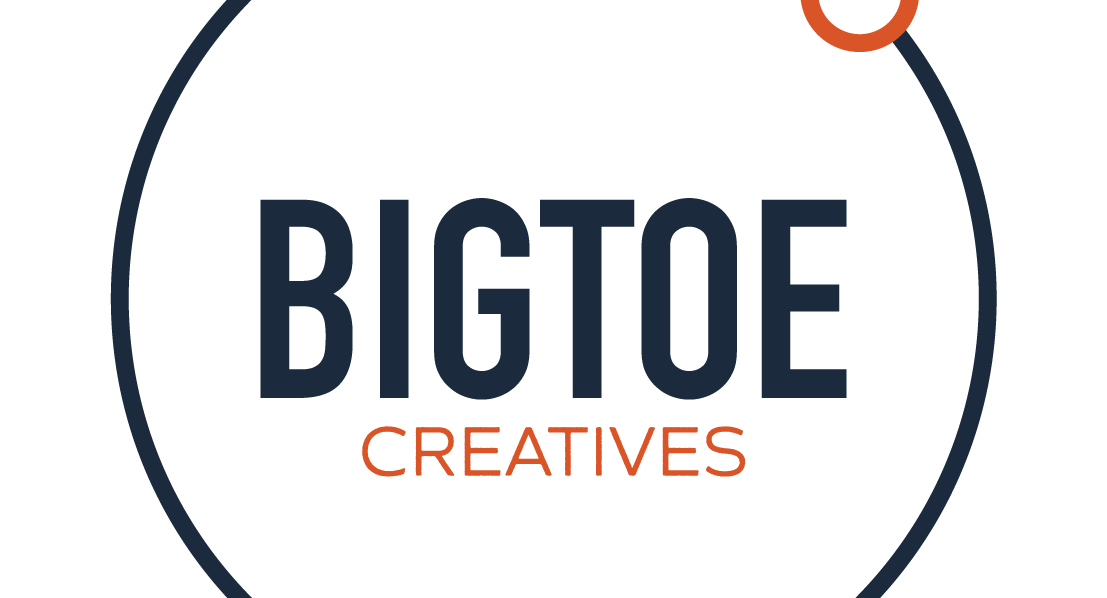When thinking about a single brand, it is neither purely good nor bad. However, any brand or even individual will leave behind a legacy of values, strategies, and actions which can be perceived as either good, bad, ethical, unethical, morally right or morally wrong.
Did you know that 32% of consumers would pay more for a product from a brand that they believe is committed to sustainability? While 88% of them want brands to help them be more sustainable. It literally pays to create an ethical brand.
So, what’s all this talk about ethical branding?
To truly understand what an ethical brand is, we first need to understand that the term ‘ethical branding’ is the sum of its parts “ethical” and “branding”. In this case, ethical means morally good/correct, relating to moral principles or avoiding activities that damage people or the environment.
“Branding” refers to a name, term, symbol, or design that distinguishes one seller’s goods or services from another. The brand is the idea or image that people think of when faced with specific products, services, or even behaviours.
This is where ‘ethical branding’ stems from.
What is an ethical brand?
An ethical brand is open about the activities that happen in all facets of the brand’s life. For instance, if you’re selling fruit, you’d want to be known for having sound agricultural practices instead of actively damaging the soil.
Some of the considerations of ethical, authentic branding include:
- Making moral decisions.
- Understanding deep economic, social, and environmental responsibilities.
- Having integrity and accountability.
- Does ‘the right thing’ whole-heartedly while still creating value for the brand, customers and various stakeholders.
A brand should be ingrained with ethics and their business strategies should be built up using long-term sustainability in mind, including sustainability for business, members of society, and even the planet.
In this article, we’ll share more about how you can implement better branding in the name of moving towards ethical branding.
The significance of ethical branding
The idea behind crafting an ethical brand and engaging in a more complex ethical brand practice is to start letting businesses and entrepreneurs positively impact society.
It’s also true that consumers are trending toward considering ecological and sustainable factors before committing to a purchase. Whether a trend or global paradigm, sustainability is deliberate and conscious – yet, we may face discord between consumer demands and company offerings.
For instance, some countries in Europe do not use plastic bags in grocery stores anymore. While other companies around the world are still allowed to sell products with at least 4 or 5 different layers of wasteful packaging.
The onus is on both the consumer and business to look for fair-trade, local and organic products wherever necessary. However, it’s abundantly clear that the market needs to make the shift to meet these needs.
How to create an ethical brand
There are a few steps involved in creating an ethical and authentic brand.
Some of the ways to build an ethical brand include:
- Understanding your brand’s purpose. You need to be able to ask the question ‘Why are we here?’ in terms of your business and its broader responsibilities. You can expect that no two brands’ purposes are equal, and some will be stronger than others.
A good starting point is to look at global major sustainable development goals or SDGs and start thinking around how you can implement one or a few of these into the fiber of your brand.
You can find out more of the UN’s global list of 17 SDGs here, but some of the considerations involved include no poverty, ending world hunger, gender equality, climate change, and affordable and clean energy, to name but a few.
- Know your brand principles. What is it that your brand stands for and how would you define your broader brand principles? You’ll need to know this before you can start implementing ethical values into your brand vision and strategy.
To operate ethically means that you operate in a way that meets fundamental human rights, labour, environment, and anti-corruption responsibilities, according to the UN. This promotes transparency and integrity within your company culture, as well as setting yourself up for long-term wins. This is to be used in conjunction with your existing brand personality and message. Authentic branding should start with your core ideals.
- Deciding on your business offerings. You’ll need to ensure that you are offering ethical products and services. Even the best intentions can fail if your product is harmful to the environment or dangerous in any way.
This directly relates to the effects that your products will have after they’ve been sold to your customers. Ethical, authentic branding means choosing products that won’t harm your customers, animals, or the environment. This could mean changing ingredients or raw materials to be more sustainable. Including cutting down on chemicals where possible.
- Adapt your production line. Are you certain that your current production practices are safe from man-made disasters? The objective of having sustainable production for your goods is to promote corporate accountability and sustainability in your industry, regardless of what it may be. Can you introduce recyclable or reusable materials? How can you reduce your packaging? Are your working conditions sound at every level? How can you use clean energy and strive for minimal waste?
These are the kind of issues you should start concerning yourself with.
- Supply chain and distribution. Think about ways your supply chain process can impact others. Maybe you can start following fairtrade policies to support local producers, as an example. Better branding means accountability and reducing waste or intermediaries wherever possible.
- Communication is key. Ethical brands aren’t trying to trick people into buying their products. Instead, they are authentic, transparent, and accountable across all of their platforms. You can use communication to give your customer a great deal of exposure to the inner workings of your brand. Some basics for ethical brands include do not lie, use simpler language, be honest and open, be careful with your brand message, and make sure to deliver on all of your promises.
- Treating employees and stakeholders fairly. Do your employees and stakeholders feel safe and respected? You should be willing to fight for their human rights. Some things to look at include gender equity at all levels, fair pay, non-discriminatory practices, fair working conditions, no tolerance for corruption, and aiding in your employees’ development.
- Being charitable. How can you give back to a community? Perhaps you can create jobs in an under-developed area, or offer a vital product that is in low supply. Some ways to actively give back and act charitably include supporting NGOs either with your time or money, donating items to those in need, sponsoring local events, and preserving cultural heritage. Some ethical brands have created ‘buy one, get one’ promotions, where proceeds of sales are donated to people in need, either through cash or a much-needed item.
It starts with making better decisions
Some of the ideas listed above are direct indicators that solutions for ethical brands do exist. And that any business – from a small vendor to a large corporate – can find ways of better, ethical branding and business practices to improve their overall impact on the planet. It’s very positive to see companies working hard towards building more ethical brands.
Do you need help with switching to ethical branding for your business? Let’s chat today to start dissecting how you can become a more ethical brand.



